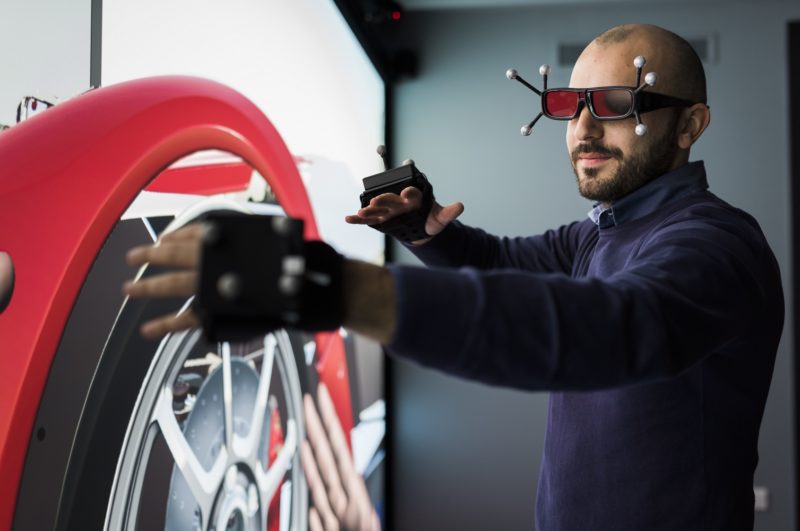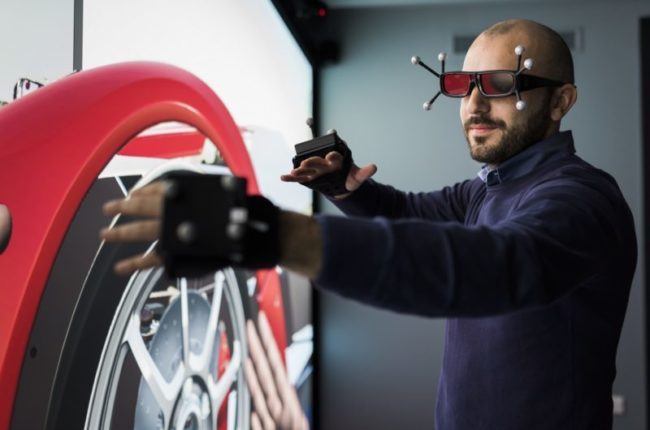Industry 4.0 is all about connectivity, big data and other rapid advances in product and process technology and can ‘help stimulate economic growth’. Tony McDonough reports.

Manufacturers in the Liverpool city region can now access a new support programme to allow them to take advantage of the latest digital technologies.
Part funded by the European Regional Development Fund (ERDF), LCR4.0 will allow businesses in the region to access practical support and connect with other SMEs to help them “unleash the transformational potential” of Industry 4.0.
Often referred to as the fourth industrial revolution, Industry 4.0 is all about connectivity, big data and other rapid advances in product and process technology.
It involves the increasing connectivity between digital and physical assets in advanced manufacturing driven by advancements and greater reliability in data analytics and human-machine interactions.
The adoption of these new technologies in the sector is enabling businesses and their supply chains to optimise productivity and competitiveness.
Part of the Liverpool City Region Local Growth Hub, LCR4.0 will offer business support and technical expertise.
Partners include the University of Liverpool (through its Virtual Engineering Centre), Liverpool City Region Local Enterprise Partnership (LCR LEP), Liverpool John Moores University (Faculty of Engineering and Technology), the Science and Technology Facilities Council’s Hartree Centre and Sensor City.
Sensor City is a £15m joint programme between the University of Liverpool and LJMU looking at sensors and the ‘internet of things’.
Simon Reid, sector manager for advanced manufacturing at the Liverpool City Region LEP, said: “LCR4.0 is creating a long-lasting legacy for manufacturing in the city region by helping to stimulate sustainable economic growth.
“For smaller or more traditional SMEs, introducing new Industry 4.0 technologies into their manufacturing processes can be daunting and they may think it’s not for them.
“But LCR4.0 is here to challenge those assumptions and to provide businesses with the support they need to make incremental changes that could have a big impact on productivity.”
As well as manufacturing, other sectors set to benefit from the LCR4.0 programme include digital, scientific, engineering and sensors.

